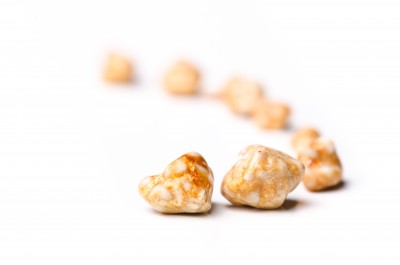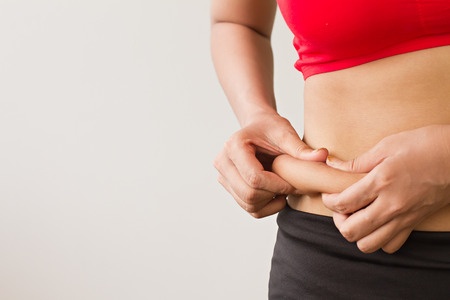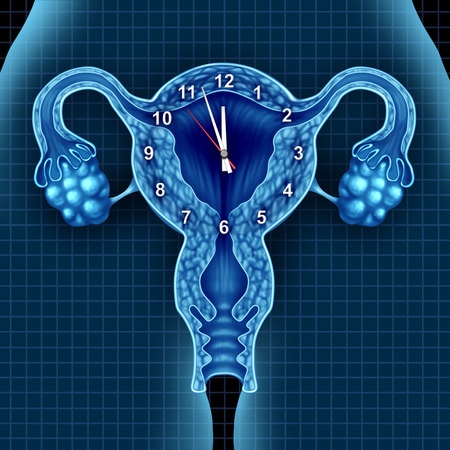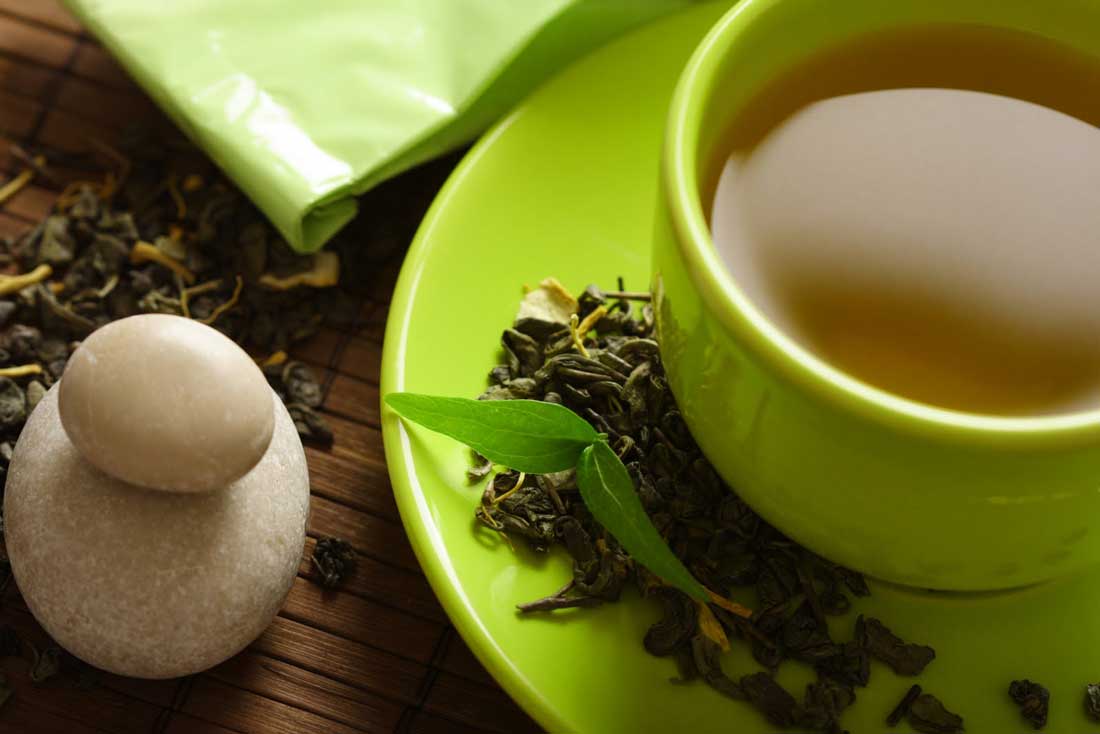 As discussed in my last post, there are several non-surgical treatments available to treat and prevent gallstone formation. In some instances, however, removal is medically necessary. A few of these may include:
As discussed in my last post, there are several non-surgical treatments available to treat and prevent gallstone formation. In some instances, however, removal is medically necessary. A few of these may include:
- Gangrene gallbladder
- Perforated gallbladder
- Unremitting pain, despite treatments
- Acute pancreatitis
It is important to note that there is a big, gray area when it comes to cholecystectomy (surgical removal of the gallbladder). In some cases, physicians will recommend removal of the gallbladder simply because there is the presence of stones. Make no mistake, this is elective surgery. In this case, the surgery is not medically necessary because the stones can be treated. Furthermore, it’s definitely not indicated if you have mild indigestion symptoms. It’s definitely not a good idea to have it removed as a preventative measure to prevent these symptoms.
While cholecystectomy is one of the most common surgeries performed in the United States, it is not without long-term consequences. Many patients experience severe gastritis after having their gallbladder removed. After gallbladder removal, the body doesn’t have anywhere to store bile. Therefore, it has a much harder time producing sufficient bile to digest fats and also has a rough time dealing with inflammation.
If a person has all of these precursors to gallstones: dysbiosis, low-fiber diet, sedentary lifestyle, a diet ridden with food allergens, they will likely have a lot of inflammation. They will be prone to gallstones and may choose to have their gallbladder removed. Upon removal the person thinks, “Okay, I’m good now.” The challenge is that they are not good – they still have all of the inflammation – the inflammation just moves to another part of the body. Furthermore, bile is still produced in the liver and is secreted into the intestines. However, the bile produced is the same, unhealthy bile that produced gallstones, but it is also likely to back up into the stomach. That’s why we are seeing a higher incidence of patients who are getting their gallbladders removed only to later experience gastritis and even stomach cancer.
It’s important to save your gallbladder, if you can. Make sure that a qualified healthcare professional is helping you make that decision.
How to stay optimal after gallbladder removal
The best course of action for patients who have had their gallbladder removed is to continue to act as if you have gallstones and gallbladder issues because your body may still behave like a gallstone-producing machine. You may have had your gallbladder removed, but your body is still able (and likely to) produce gallstones. The difference is that now there is not a sack to contain them.
It is important for patients to:
- Exercise each day
- Identify food allergens and eliminate them from their diet to decrease inflammation
- Follow a pesco-vegan diet
- Take fish oil and/or other supplements such as: enteric coated Peppermint oil, choline, bitter herbs, digestive tonics like Fumaria. Other herbs that benefit the gallbladder include: Echinacea, Marshmallow root, and Laria. Castor oil abdominal massages are beneficial as well.
Basically, if gallbladder removal is imminent, it is still necessary to restore overall health and focus on healing the digestive system after the surgery. While you might not experience the unremitting pain that is caused by the gallbladder trying to release the stone, you are still likely to suffer from indigestion and inflammation.
After the gallbladder is removed, the problem still exists. You’re simply not experiencing one of the symptoms related to the problem. This is similar to seeing an engine light on in your car. If you cut the wire to the engine light and you no longer see the engine light illuminated, unfortunately your car still has a problem. In Naturopathic medicine, the treatment approach involves treating the underlying cause. Gallbladder removal is the PERFECT example of suppression, which Naturopathic medicine aims to avoid. Suppression is an approach in which the symptom is removed, but it is done in a way that has an overall negative effect on the person’s health and body.
Have you had your gallbladder removed? How have you worked to restore overall health and heal your digestive system? Share your comments below.







